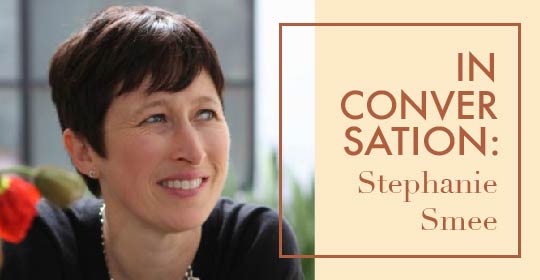The Spring 2018 issue launch is just around the corner (stay tuned…) and it is full of amazing writing from around the world. This season we approach the question of family. Texts explore exiles, adulterers, and a levitating aspirin in our Korean Fiction Feature, headlined by acclaimed filmmaker Lee Chang-dong. Amid exciting new writing and art from twenty-nine countries, gathering together such literary stars as Mario Vargas Llosa and Robert Walser, discover “tiny shards” of childhood on the verge of experience as remembered by Jon Fosse—a giant of Norwegian letters in his own right—or not remembered by Brazilian author Jacques Fux à la Joe Brainard.
Although “unhappiness is other people,” according to Dubravka Ugrešić, we’re just as likely to be imprisoned in our own family, a predicament brought to light in Dylan Suher’s review of Eileen Chang’s Little Reunions. In a generously personal essay, Ottilie Mulzet reveals how she turned to Gábor Schein’s “father-novel” to unlock the secret of her intransigent birth mother, whose refusal to speak to her had “stood in [Mulzet’s] life like a monumental cliff.” Schein’s poetry also graces this issue, and in a timely echo of Spring and past horrors, he takes up the refrain of Dayeinu of the Passover Haggadah—it would have been enough for us: “Enough, if you or I still / hoped for something. Enough, if we forgot to remember…”
For some, family remains a hall of mirrors, leaving the outlook bleak for human brother- and sisterhood: “My path doesn’t lead to you. Your path doesn’t lead to me,” writes the Libyan poet Ashur Etwebi. At times, language cuts as deep as our common mortality, that kinship beyond all social roles, as in the poignant drama, The Last Scene. Echoing the resignation of Alain Foix’s death-row prisoner, poet Esther Tellermann laments, “breathe me / sister in death.” Others, like Cairo-based artist Amira Hanafi, strive to knit together connections between strangers. Her recently concluded installation, A Dictionary of the Revolution, deployed a vocabulary box of 160 words to generate conversations with more than two hundred people across Egypt.
As a special treat for our blog readers, we bring you a special interview conducted with this new issue in mind. As she prepared her enlightening criticism, Brigette Manion sat down with translator Stephanie Smee to talk about her translation of No Place to Lay One’s Head by Françoise Frenkel. As Brigette explains in her review, “No Place to Lay One’s Head looks back over Frenkel’s life, from her youth as a bibliophile and her establishment of a bookstore in Berlin, to her journey across France and final passage into Switzerland. Frenkel presents a story of survival and resilience dedicated in her foreword to the memory of the ‘MEN AND WOMEN OF GOOD WILL’ who, with great courage and often at considerable risk to their own lives, helped and inspired her along the journey.” Happy reading!
Brigette Manion (BM): How did you first come across Françoise Frenkel’s memoir, and do you remember your initial response to it?
Stephanie Smee (SS): I first came across Frenkel’s memoir after reading a review in Lire magazine. I had the good fortune to be in Paris when I read it for the first time, and many of the images she described, particularly of her early years in Paris, felt incredibly poignant. Perhaps my response to her very moving story was tempered by that. I also found her descriptions of different places so detailed and lyrical that they evoked a visceral response in me. I remember, too, being terribly affected by the immediacy of her writing, a characteristic of her memoir which truly sets it apart, in my view, from many other memoirs that are often written several years after the events that are the subject of the work.

